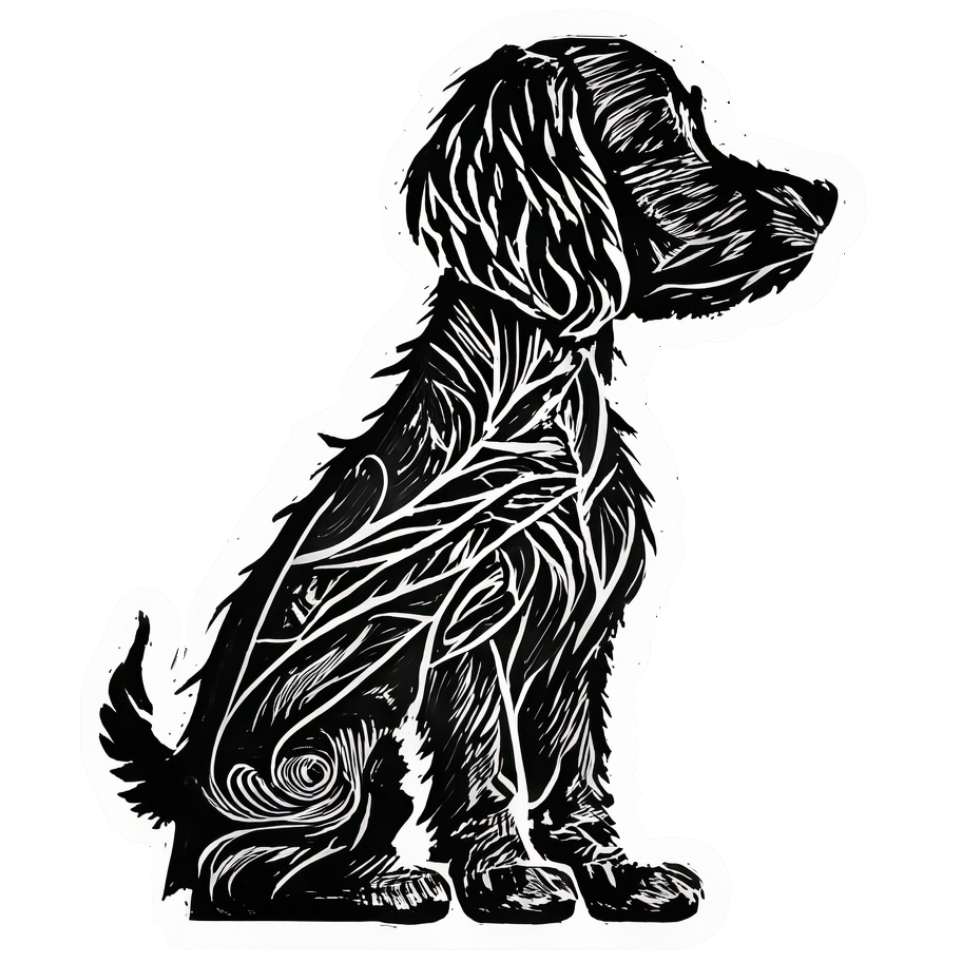
Neutering and spaying are common procedures in veterinary care, often recommended for dogs for various health, behavioral, and societal reasons. These surgical procedures involve the removal of reproductive organs, rendering the dog incapable of reproducing. While the decision to neuter or spay a dog is a personal one, understanding the implications, benefits, and considerations is essential for responsible dog ownership. In this article, we’ll delve into the role of neutering and spaying in dog health, providing insights and guidance for dog owners.
What Are Neutering and Spaying?
Neutering refers to the removal of the testicles in male dogs, while spaying involves the removal of the ovaries and usually the uterus in female dogs. These procedures are typically performed under general anesthesia and require proper post-operative care.
Benefits of Neutering and Spaying
Neutering and spaying offer several benefits, both for individual dogs and the broader community:
Health Benefits
- Males: Neutering reduces the risk of testicular cancer and prostate problems.
- Females: Spaying decreases the risk of mammary tumors, ovarian cancer, and uterine infections.
Behavioral Benefits
- Males: Neutering can reduce aggressive behavior, marking, and roaming tendencies.
- Females: Spaying can alleviate heat-related behaviors and reduce the risk of unwanted pregnancies.
Societal Benefits
- Helps control the pet population, reducing the number of unwanted dogs in shelters and rescues.
Considerations and Timing
The decision to neuter or spay a dog, and the timing of the procedure, can depend on various factors, including breed, size, health, and lifestyle. Some veterinarians recommend early spaying and neutering, while others may advise waiting until the dog reaches physical maturity. Consulting with your veterinarian and considering your dog’s unique needs is essential in making an informed decision.
Common Misconceptions
There are several misconceptions surrounding neutering and spaying, such as the belief that the procedures cause obesity or alter a dog’s personality. While changes in metabolism may occur, proper diet and exercise can manage weight. Additionally, while some behaviors may be influenced, the dog’s fundamental personality remains unchanged.
Neutering and spaying play a significant role in dog health, offering potential health benefits, influencing certain behaviors, and contributing to responsible pet ownership. The decision to neuter or spay should be made with careful consideration, understanding, and consultation with a trusted veterinarian. Dogipedia is committed to providing accurate, comprehensive information to support dog owners in every aspect of their pet’s life. Explore our wide range of articles, guides, and resources, and let us be your partner in caring for your beloved canine companion. Whether you’re considering neutering or spaying, seeking advice on puppy care, or simply want to connect with a community of dog enthusiasts, Dogipedia is here for you!
